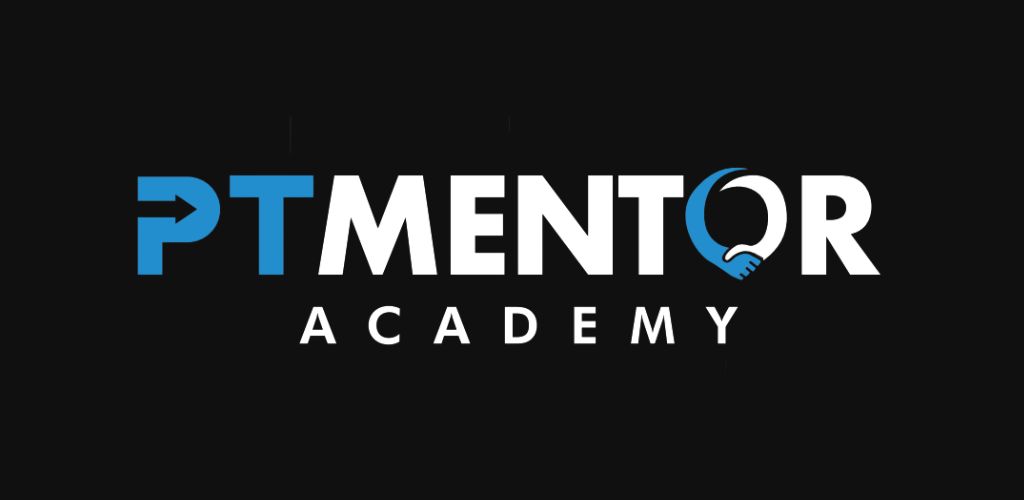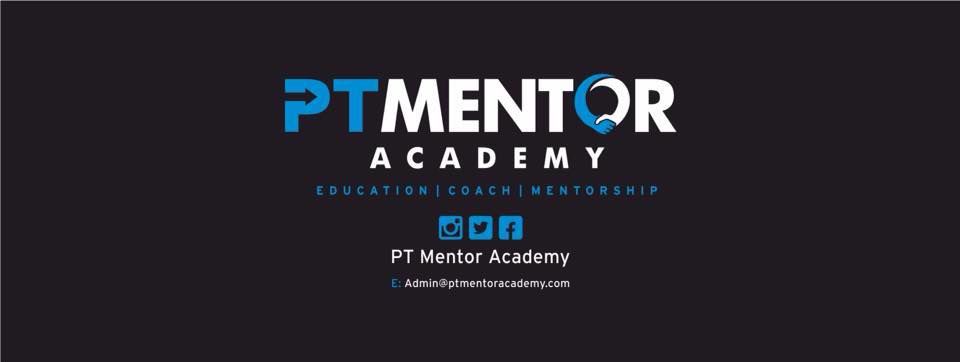How to “motivate” the “un-motivated” part 3
The last and by no means least psychological need in the “Self-determination theory” is …
Belonging or relatedness
Now I know I’ve said every part is important, and they really are as important as one another when are trying to set the right environment for clients to motivate themselves.
What is relatedness?
Self determination theory defines relatedness as an innate need to feel connected to others and to belong. It is about the quality of relationships – feeling cared for, listened to and part of a community.
When people’s needs for autonomy, competence and relatedness are supported, they experience more volitional motivation and better wellbeing.
When any of these needs are neglected, motivation suffers.
Why does this matter in coaching your clients?
One of the major challenges to deliver results for your clients is your clients staying self-motivated to do the things that are new, challenging, outside of their main scope of competence, and there can be lack of full belief that by doing these “things” it will get them what they want.
The honesty and accuracy from clients when they are feeding back to you with information via check ins, conversations, food and mood diaries, reflections, measurements, how they feel etc etc .. is crucial as a coach as that’s what you use to then feedback into their program and inputs.
And if a client has a fear of being judged, feeling like they’ve failed, a feeling os being silly … then the accuracy and adherence to them feeding back starts to become broken.
And the snowball affects there on I’m sure you know ..
And I’m not saying your client don’t have trust in your .. but there are different nuances and levels to the types of relationships we have with clients.
Practical ways to foster relatedness
• Build rapport and show genuine interest – simple acts such as greeting clients warmly, asking about their lives and remembering personal details show that you care. Coaches who inquire about clients’ lives outside sport and share appropriate stories of their own create bonds that support motivation.
• Encourage peer connections – invite clients to train in small groups, pair them up for partner exercises, or introduce clients with similar goals. Small group training and promoting client interaction has been shown to strengthen social relatedness and create a supportive, positive environment.
• Give clients a voice – ask for their opinions on exercise selection or training format. When clients feel listened to and part of the decision making process, they feel more connected and autonomous.
• Create a sense of community beyond the session – set up private messaging groups or occasional social events so clients can celebrate successes together. In one article on client motivation, relatedness was defined as feeling part of a group or connected to other gym members; being supported and encouraged by these relationships helps clients stay engaged.
• Provide supportive feedback – recognise effort and progress, not just outcomes. Trainers who celebrate small wins and acknowledge challenges help clients feel valued and understood. A supportive environment where clients feel connected to something larger contributes to sustained motivation.
When you create an environment in which clients feel they belong and are supported by you and by their peers, they are more likely to internalise their motivation and stick with their training, nutrition and adherence to habits that are positively moving them forward.
Relatedness turns exercise from a solitary chore into a shared journey. Helping clients feel part of a community is therefore not a “nice extra”; it’s a vital ingredient for long term adherence and well being.




